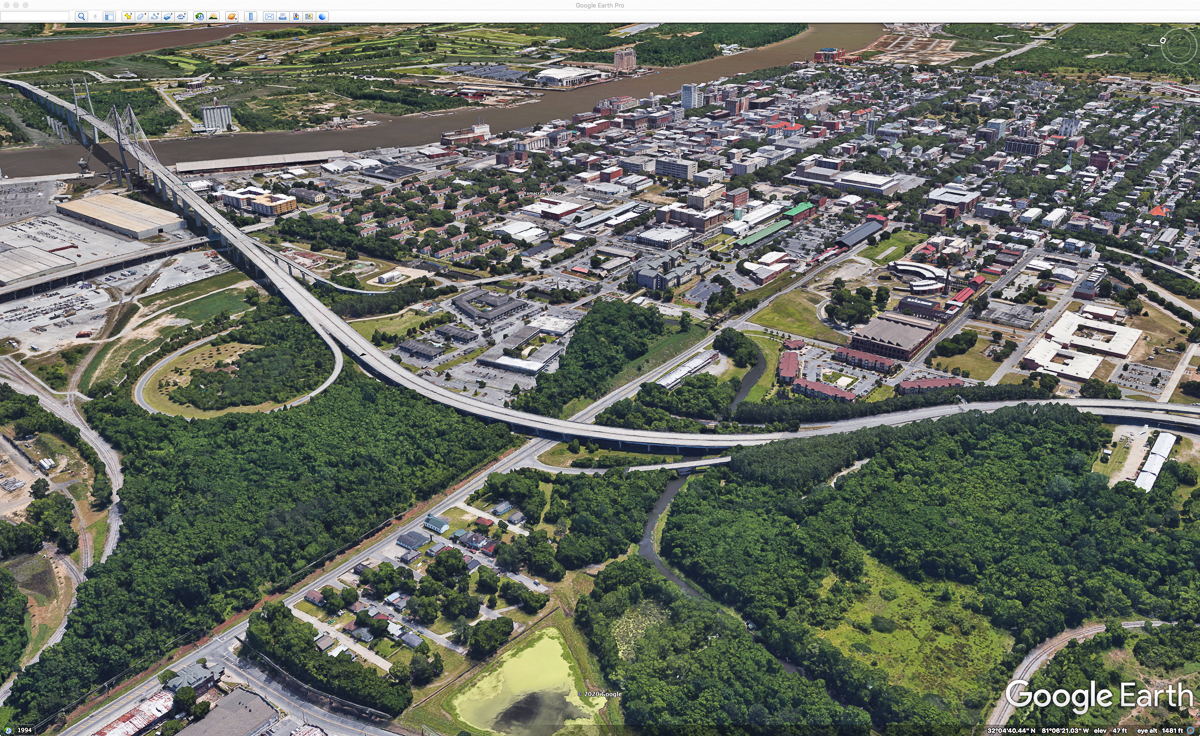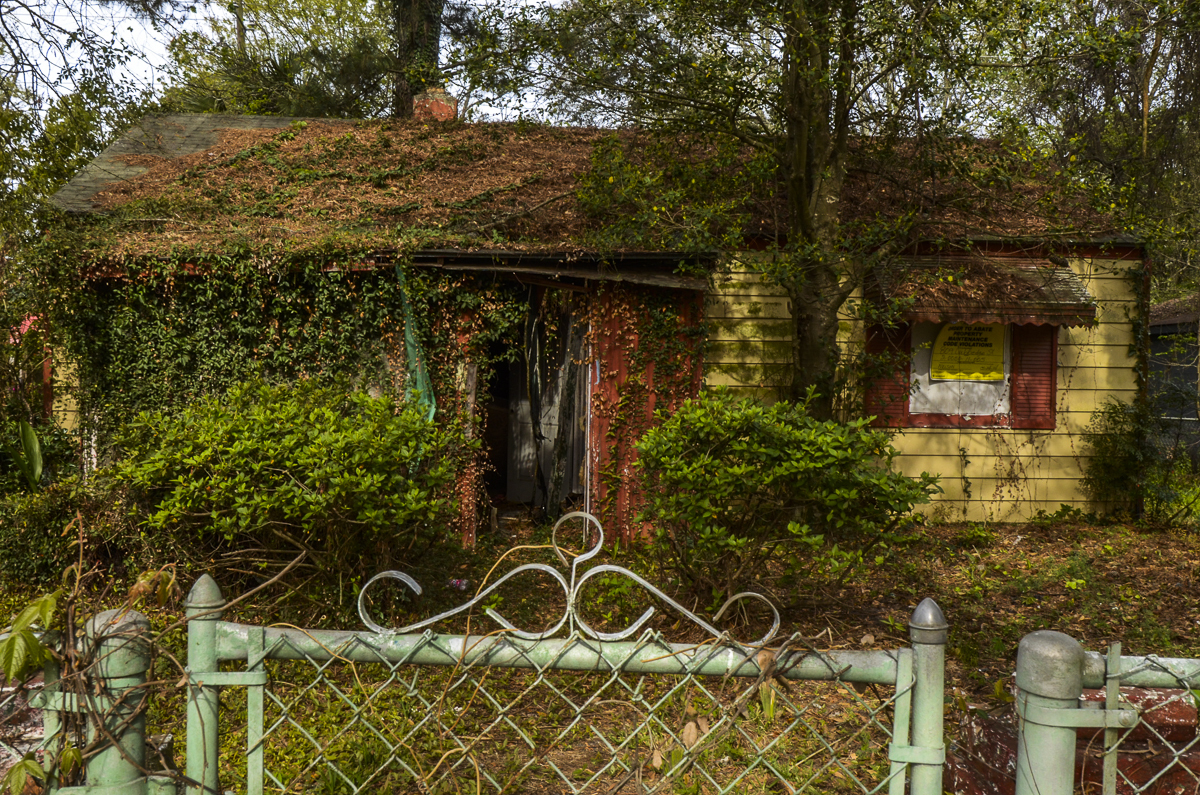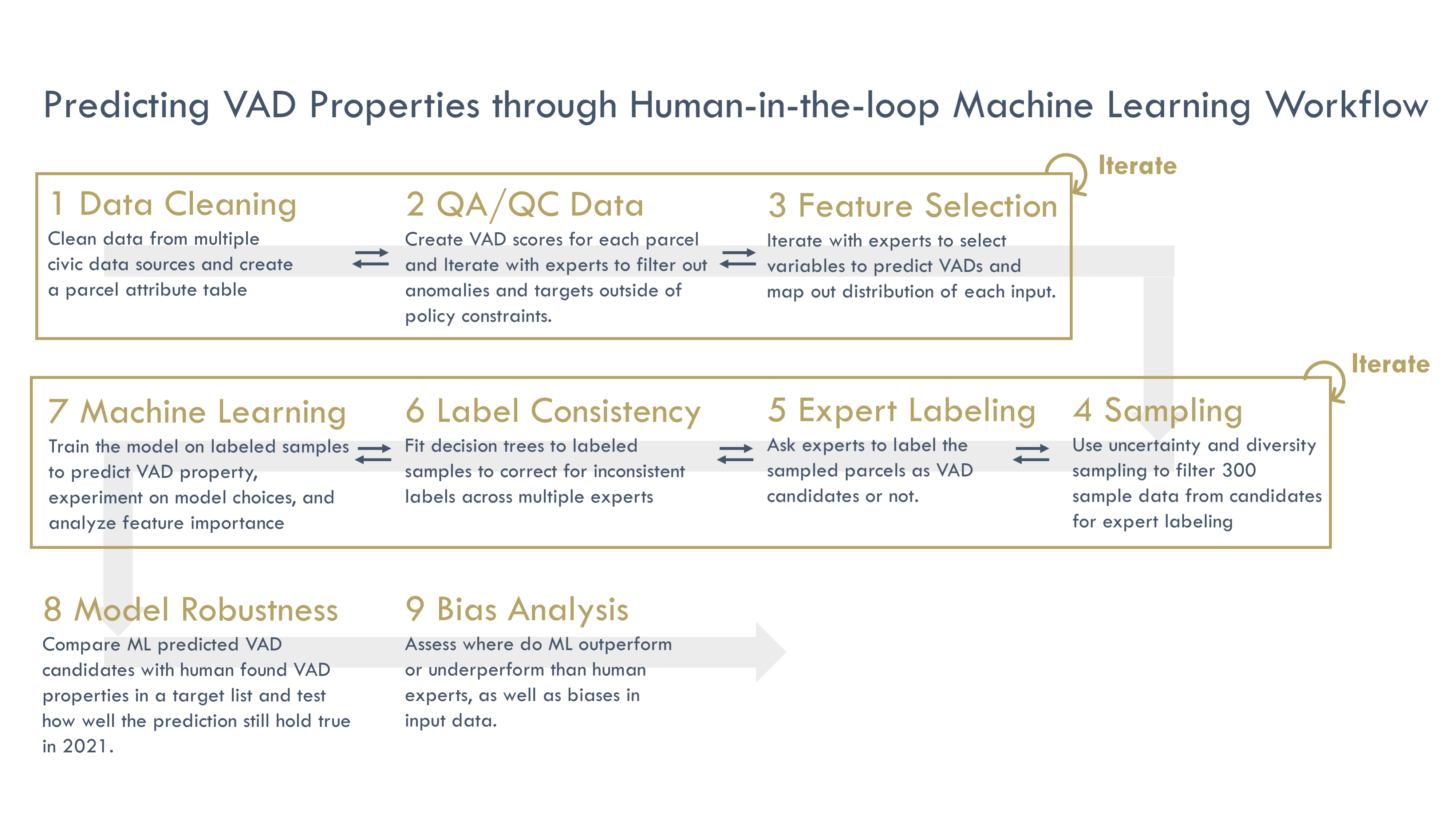Friendly Cities has a new collaboration with the City of Savannah to strategize decisions to address vacant and blighted properties in the community. Neighborhoods experiencing blight suffer from safety concerns and lower housing values, leading to suboptimal living conditions for already marginalized residents. Savannah’s Housing & Neighborhood Services Department also estimated that every blighted property bleeds $1300 of public funds annually. These funds are used to cover the unrecoverable costs of overgrown grass, litter, illegal dumping, securing open structures, and demolishing properties. In 2019, local voters approved the use of 10 million dollars to acquire and redevelop of at least 1,000 abandoned, blighted residential properties over the next 10 years to effect meaningful change in neighborhoods long neglected or exploited by profit-driven investors. However, strategizing which properties to intervene first and what kinds of interventions can be best applied for equitable development remains a challenge.
Our research revolves around developing a human-in-the-loop machine learning model to help the city identify vacant, abandoned, and disinvested (VAD) properties. The human-in-the-loop approach entails closely collaborating with the housing planners to identify areas for interventions, feature selections, active learning (diversity and uncertainty sampling techniques), and interpretable machine learning outcomes. We also compare our model outcomes with human-found VAD properties, check robustness with 2021 data, and conduct an empirical analysis to determine which neighborhoods may be subject to data bias. This project is funded by the Georgia Smart Communities Challenge 2020 jointly with Brian Brainerd of the City of Savannah. Graduate Research Assistant Xiaofan Liang is leading the analysis. The links attach media reports from Savannah government and Georgia Tech. See Xiaofan’s presentation at ACSP conference here Savannah_ACSP_presentation.




